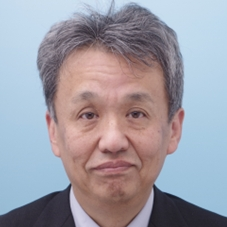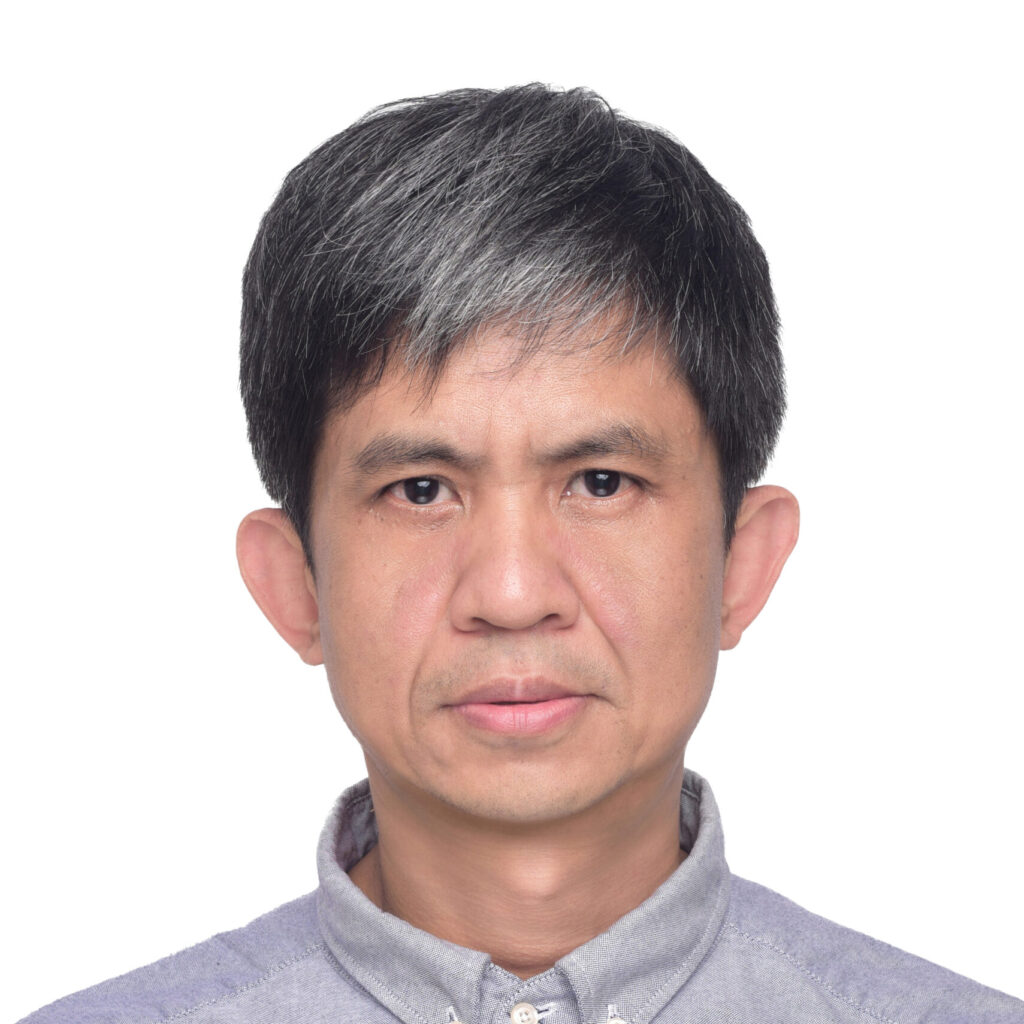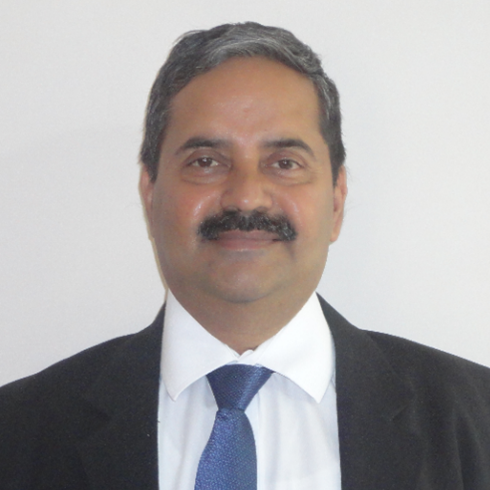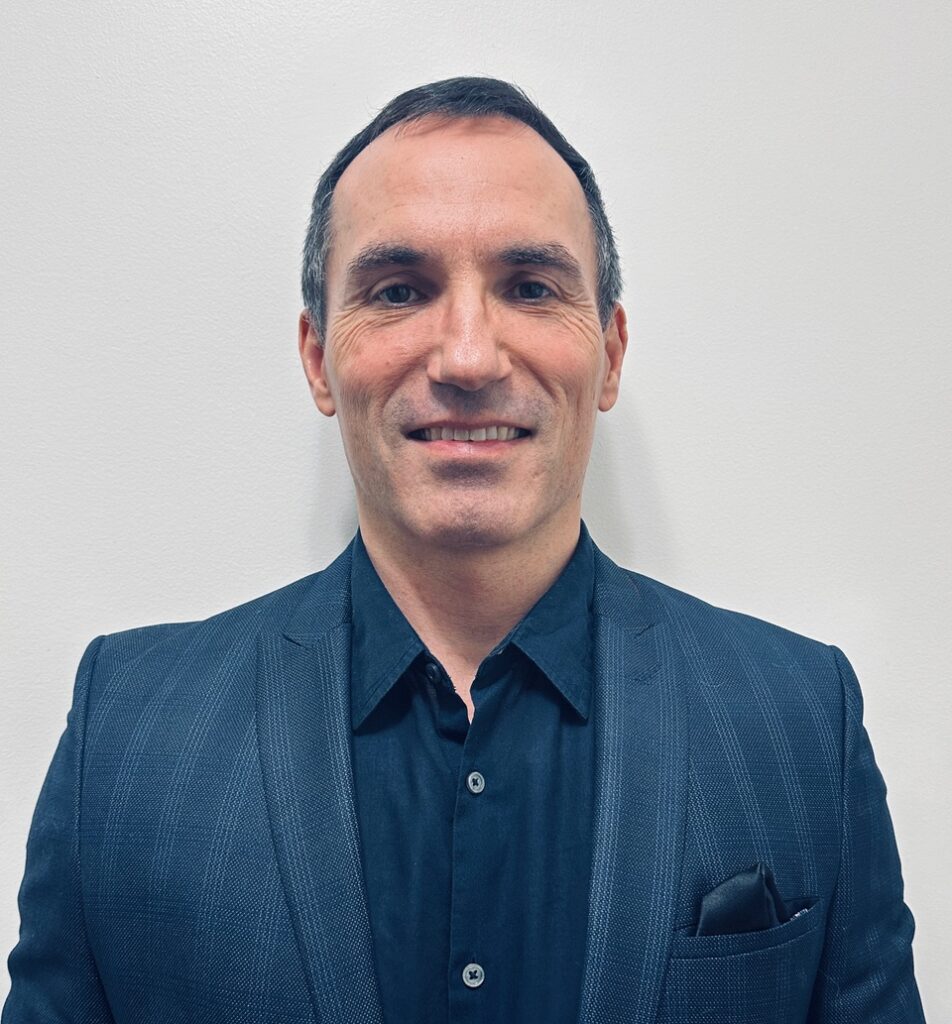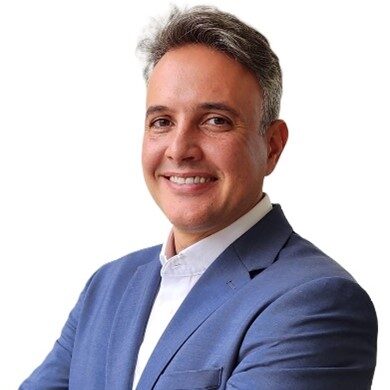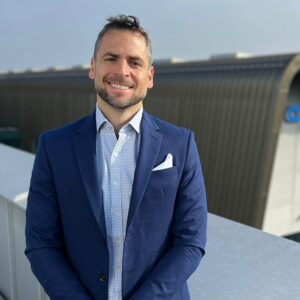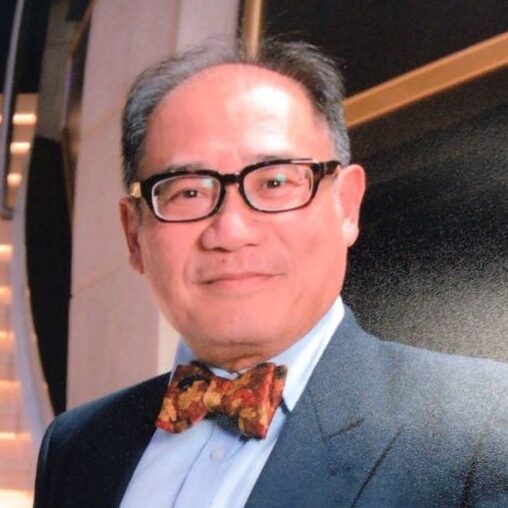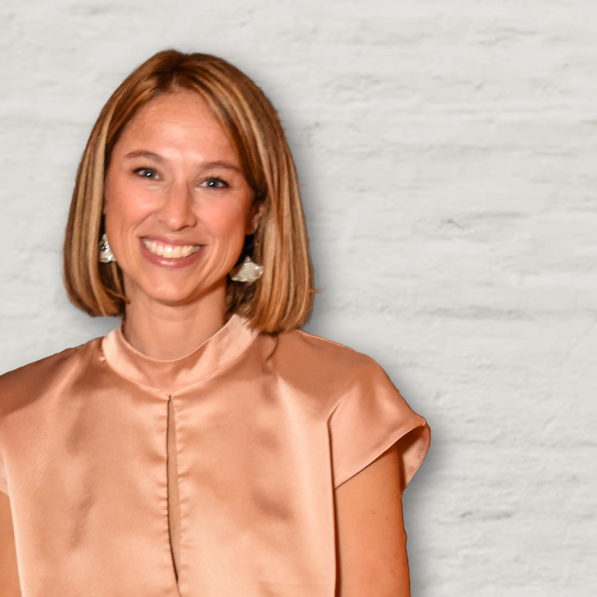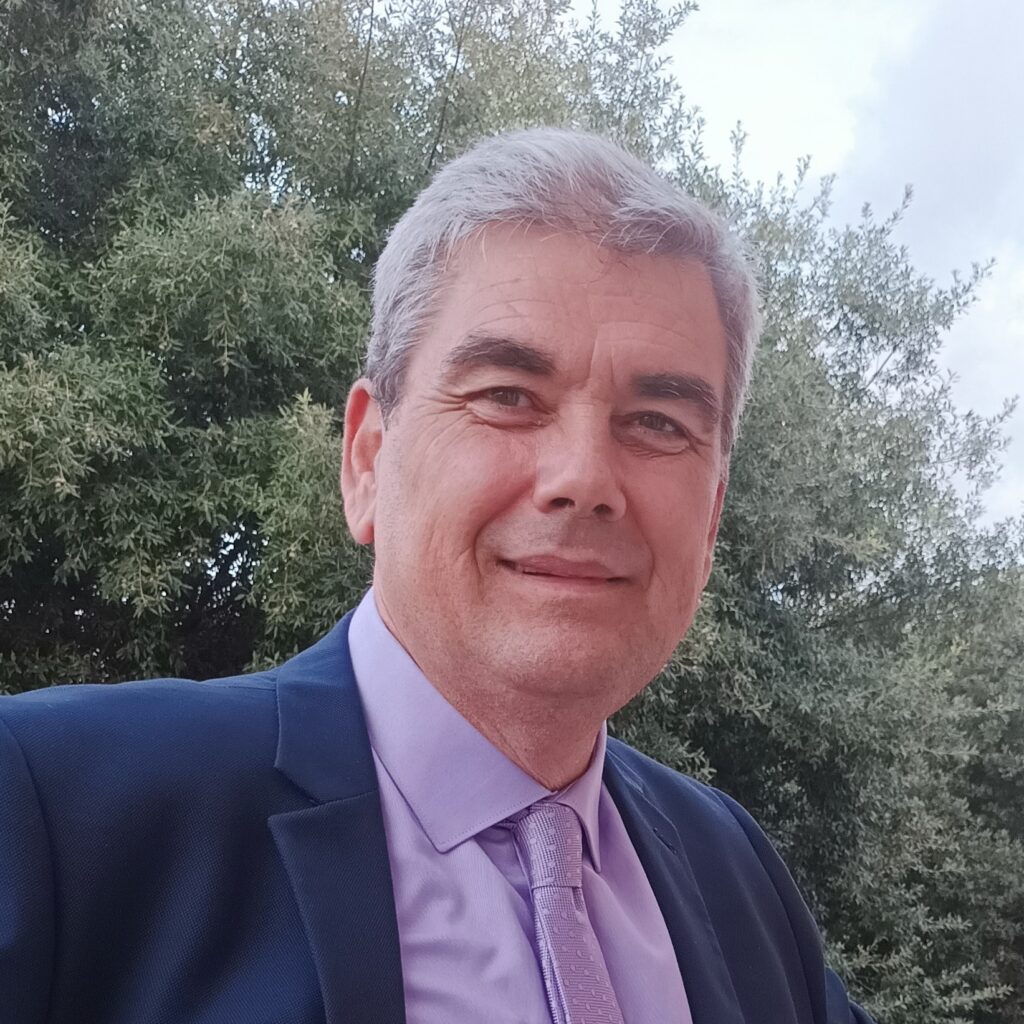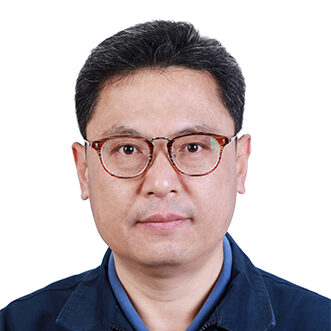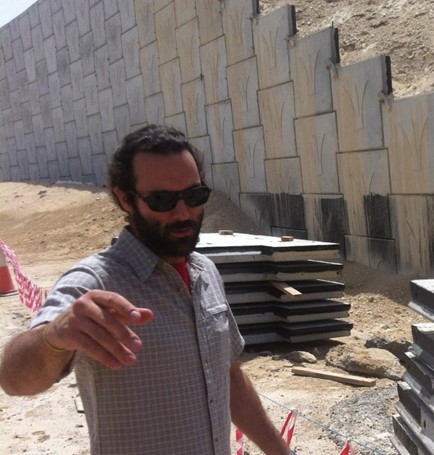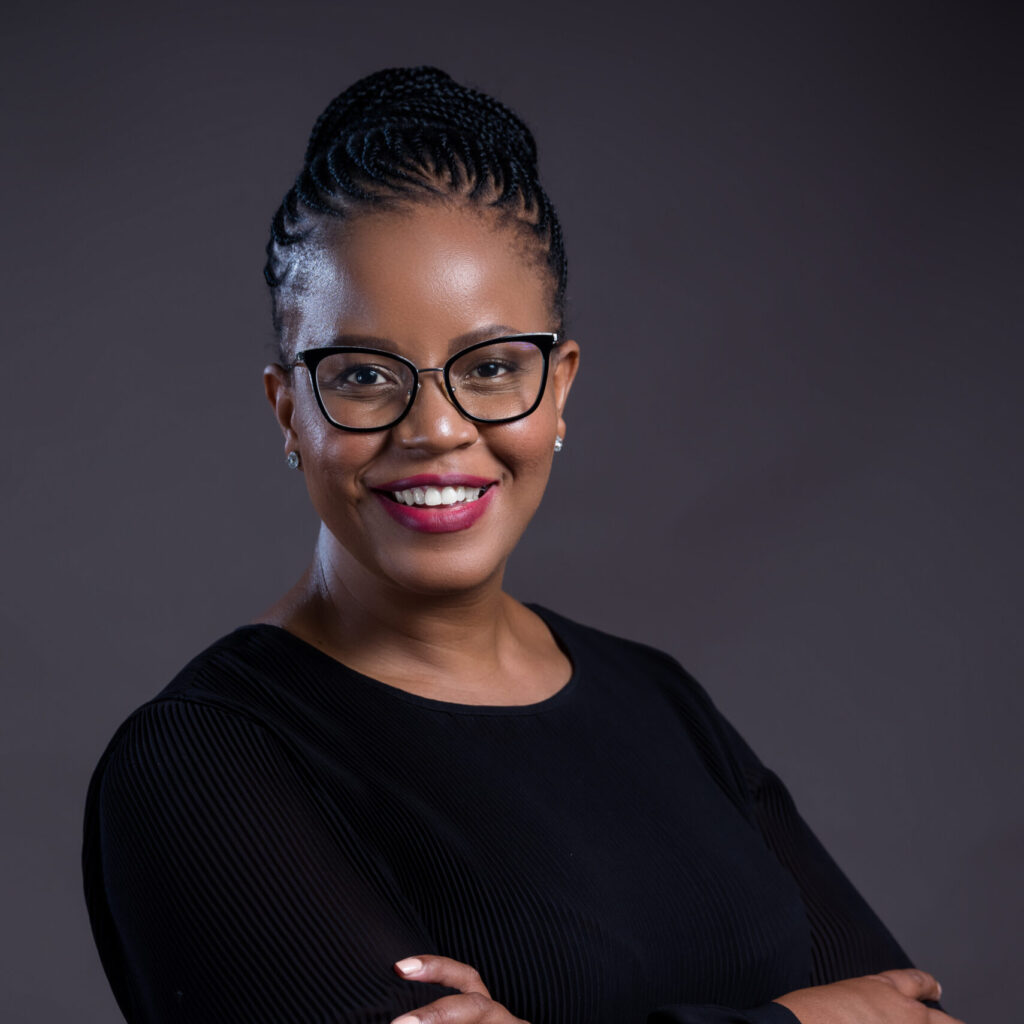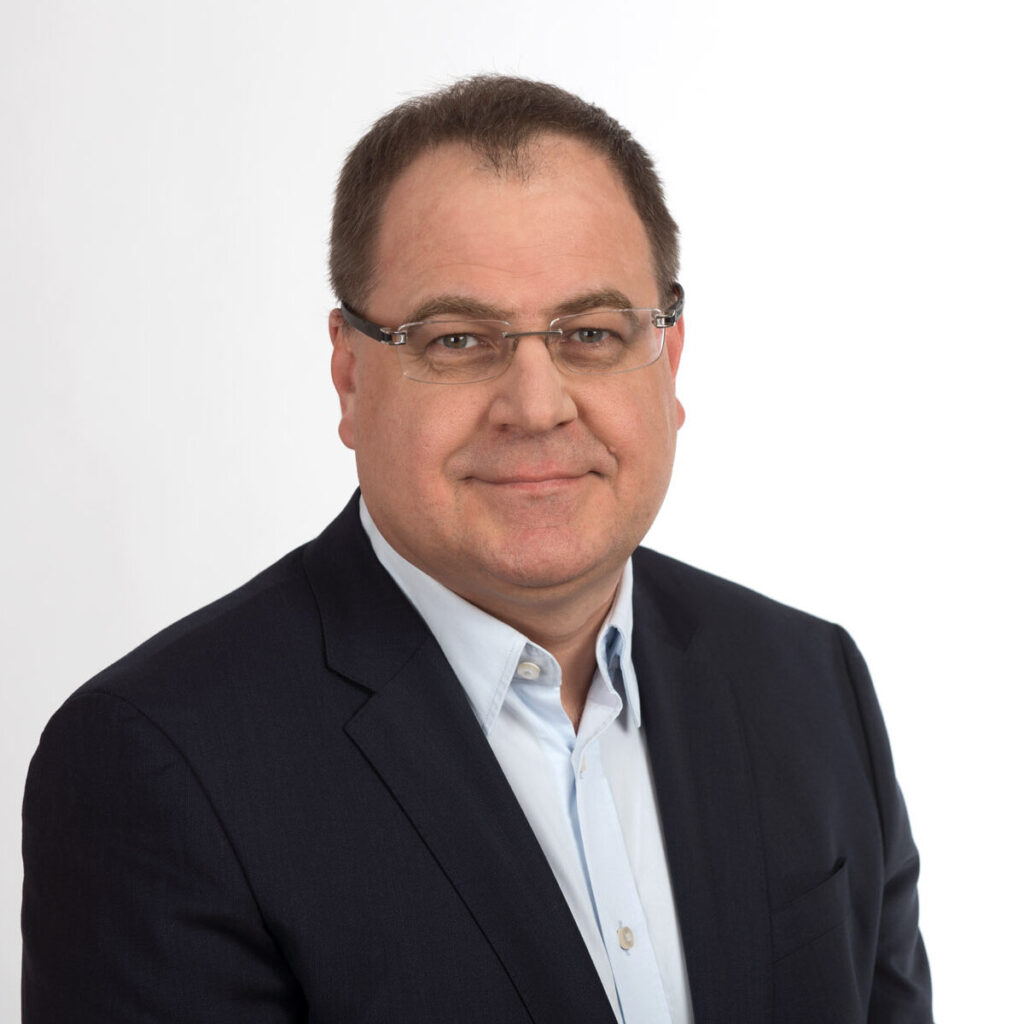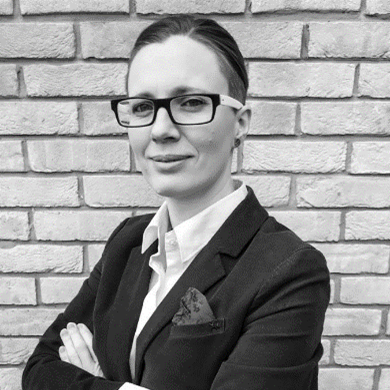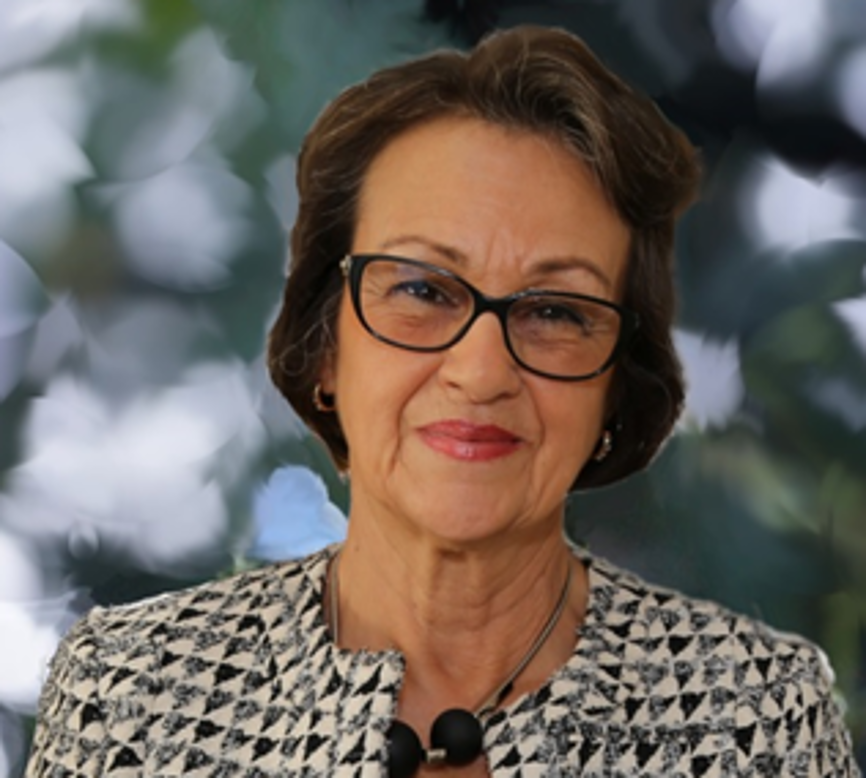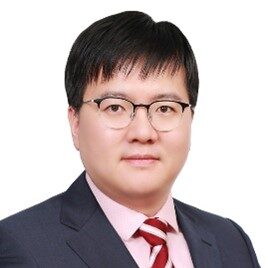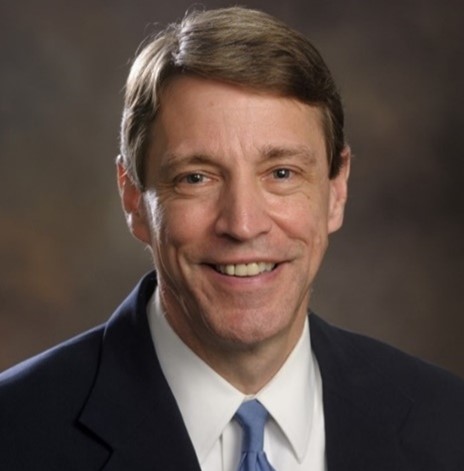The sixteenth edition of the Sardinia Symposium, organized by the IWWG – International Waste Working Group with the auspices of different learned societies including IGS, was held in Forte Village, Santa Margherita di Pula (Cagliari) Italy, from October 2nd to October 6th, 2017.
The event was attended by 676 participants (researchers, technicians, administrators and operators) with the presentation of more than 550 scientific papers, selected according to quality by the Scientific Secretariat from a total of 864 offers of papers.
The conference included 88 oral sessions and 40 specialized workshops for a total of eight parallel tracks, discussion forums and roundtables, a continuously accessible poster area and an extensive exhibition space for companies working in the field of waste management. Several workshops were devoted to the presentation of innovative inter-national projects.
As usual, the conference provided for extensive discussion on the optimization of existing technologies and development of new ideas, placing particular emphasis on controversial issues such as WEEE, food waste, problems and opportunities in plastic waste management, landfill gas (including generation, emission monitoring, collection, treatments and effects), and rehabilitation of landfills.
The opening lecture of Sardinia 2017 Symposium was given by Prof. Dieter Gerten (Potsdam Institute for Climate Impact Research), who addressed the problem of maintaining environmental planetary boundaries; Prof. Rainer
Stegmann and Raffaello Cossu (Symposium Chairs) who summarized the history of the conference (celebrating this year its 30th anniversary); Prof. Yasushi Matsufuji (Fukuoka University) who focused on Japanese waste manage-ment challenges and opportunities.

As an integration to the extensive program of the symposium, the con-ference was enriched with a half-day event on Start Ups working in the field of waste management, coordinated by Unismart Padova Enterprise, the technology transfer and innovation management consulting in-house company of the University of Padova (IT). Furthermore, the second edition of the “Waste to Photo” photography competition was organized in connection with the conference with the specific aim of recreating a scenario representing the global situation with regard to waste and landfill. The most significant photos were used to set up a photographic exhibition to illustrate the differences, contradictions, difficulties and progress encountered by this issue in a series of contexts throughout the world, ranging from developing countries to the more industrialized nations. Timothy Bouldry came first in the contest with his photo entitled “Recycling in Leon, Nicaragua”.
The conference closing session was devoted to a roundtable discussion on the role of different waste management practices and technologies in the circular economy. During the Round Table the outcomes of several symposium sessions and workshops on waste management and the circular economy were summarized and discussed, with specific emphasis on the influence of circular economy action plans on waste management practices and the role of landfilling in closing the material cycles.
The great success of this edition was due to the high scientific relevance of the presented papers, as well as to the rich menu of social activities, some of which centered on Japanese culture. Japan, in fact, was the Guest Country of Sardinia 2017.

On Sunday 2nd October, delegates were welcomed by a colorful cocktail which afforded the possibility to meet old and new friends and colleagues in a relaxing atmosphere. The traditional football match was extremely well attended this edition, with several teams made up of participants from different countries taking part in a mini-tournament. A lot of fun was had by both players and supporters alike!
As per tradition, to celebrate the closure of the conference week, all delegates were invited to a formal gala dinner in the elegant Sala Bianca at Forte Village. During the dinner the “A Life for Waste” Award was officially presented to Prof. Raffaello Cossu and best papers awards delivered to the winners of the different categories.

In particular for the first time, the André Rollin Award for the best paper on Geosynthetics Engineering was given. The winners were V. Hruby and S. Barrie (Slovak Republic) for the paper Geomembrane integrity surveys – Difference between US and EU concepts
The other Awards were given as illustrated hereafter:
- Best Japanese Paper to O.Hirata, A. Tachifuji, Y. Matsufuji, R.Yanase (Japan) for the paper Evaluation of methane po-tential from old landfilled wastes for landfill aftercare
- John Pacey Award – Award for the best paper on landfill gas management to M. Ritzkowski, K. Kuchta, R. Stegmann, B. Walker (Germany) for the paper Aeration of the Teuftal landfill – Importance of monitoring and lab scale investigations
- Luigi Mendia Award – Award for the best paper on waste management policy to G. Obersteiner, K. Stoll (Austria) for the pa-per The ecological effects of e-commerce with focus on waste generation
- Kriton Curi Award – Award for the best pa-per on developing country waste manage-ment issues to S. Aparcana (Austria) for the paper Barriers and success factors of approaches to formalization of the informal waste sector in developing countries: a re-view
- Giovanni Bozzini Award – Best Italian pa-per award to M. L. Mastellone, R. Lotito (Italy) for the paper Indirect monitoring of the air quality affected by biowaste treatment facilities
- Alberto Rozzi Award – Award for the best paper on biological treatment to C. Zurbrügg, B. Dortmans, A. Fadhila, B. Verstappen, S. Diener (Switzerland) for the paper From pilot to full scale operation of a waste-to-protein treatment facility
- Best Poster Award to M. Alamin, Q.H. Bari, A.A. Alamgir (Bangladesh) for the paper Seasonal variation on extent of stabilization of faecal sludge co-composting in Khulna City of BangladeshReported byDaniele Cazzuffi (AGI-IGS President and IGS Past President) and by Marco Ritzkowski (Technische Universität Hamburg)






